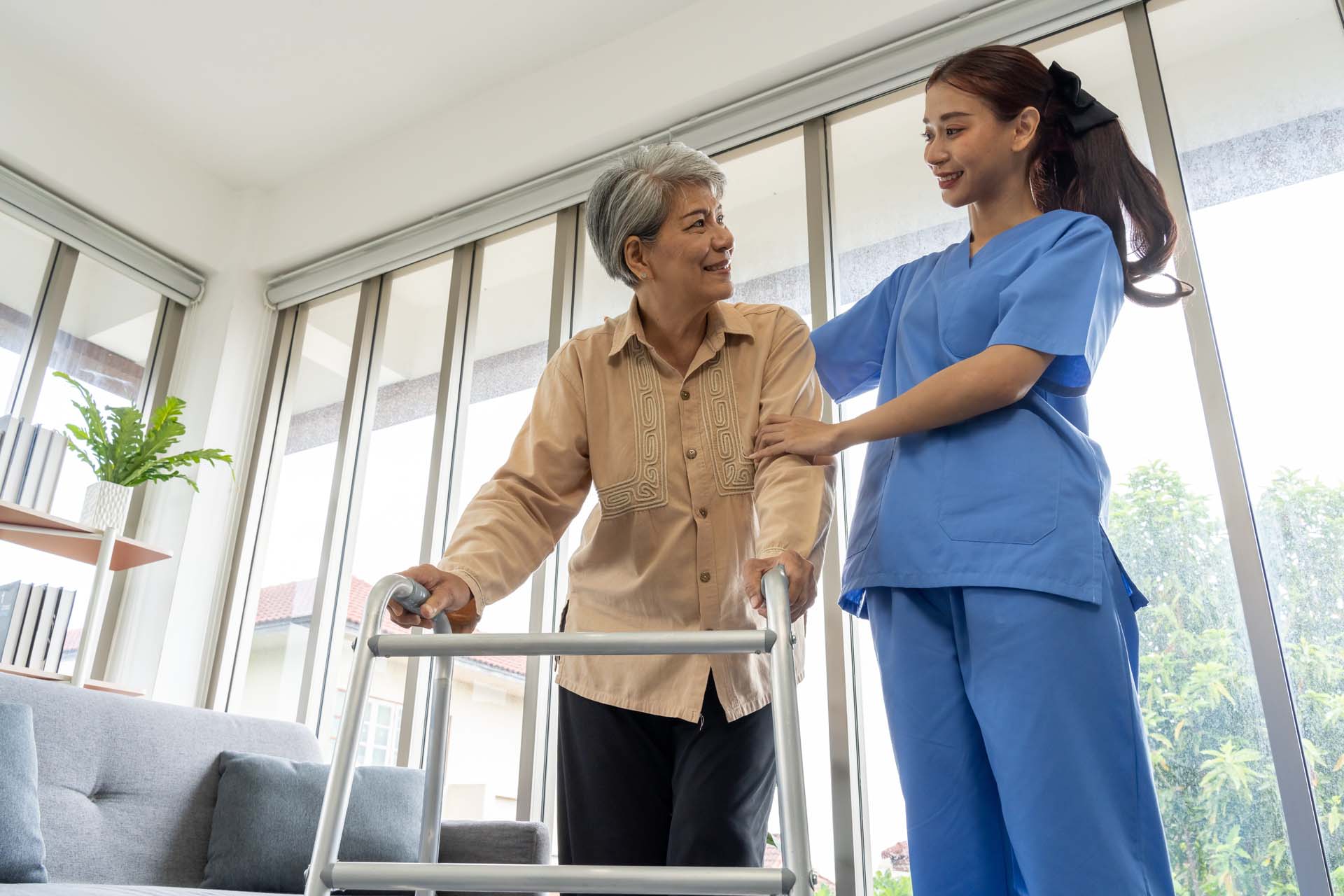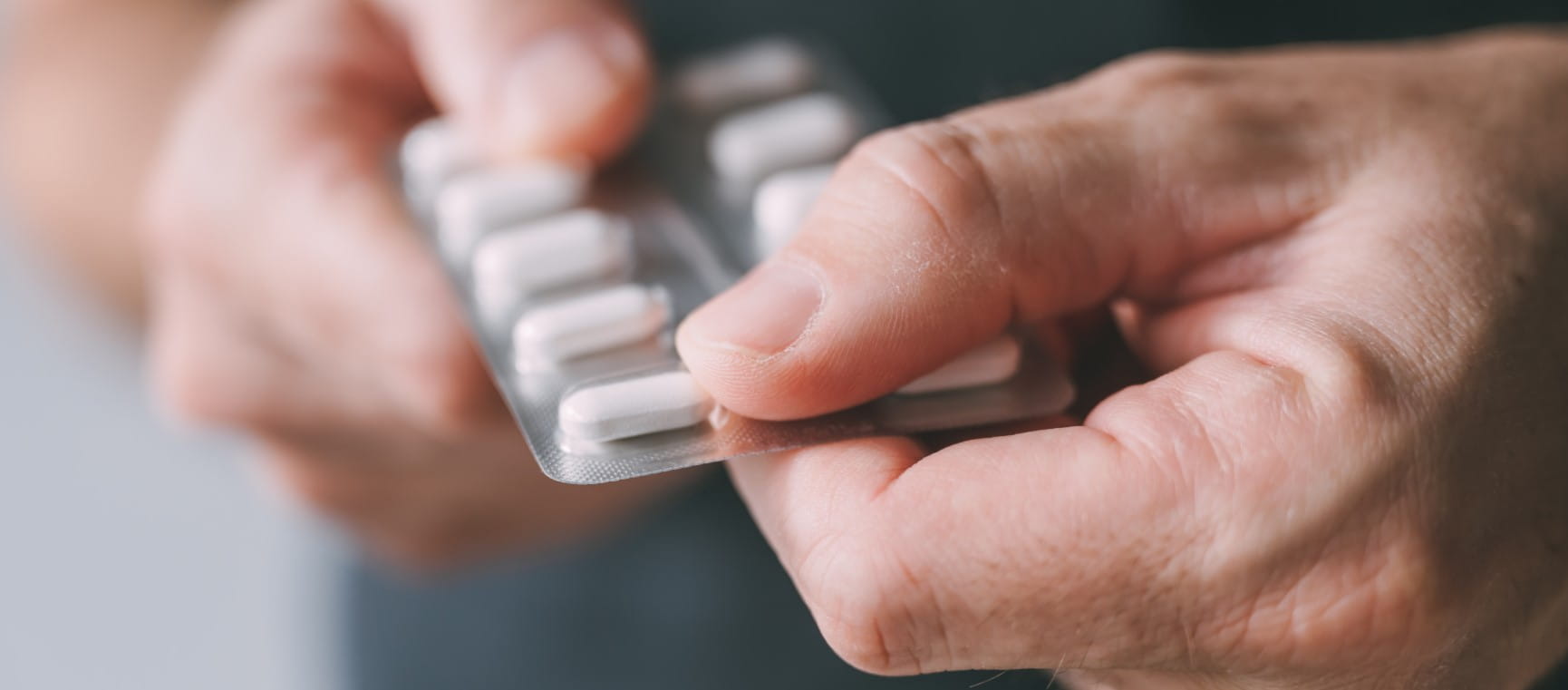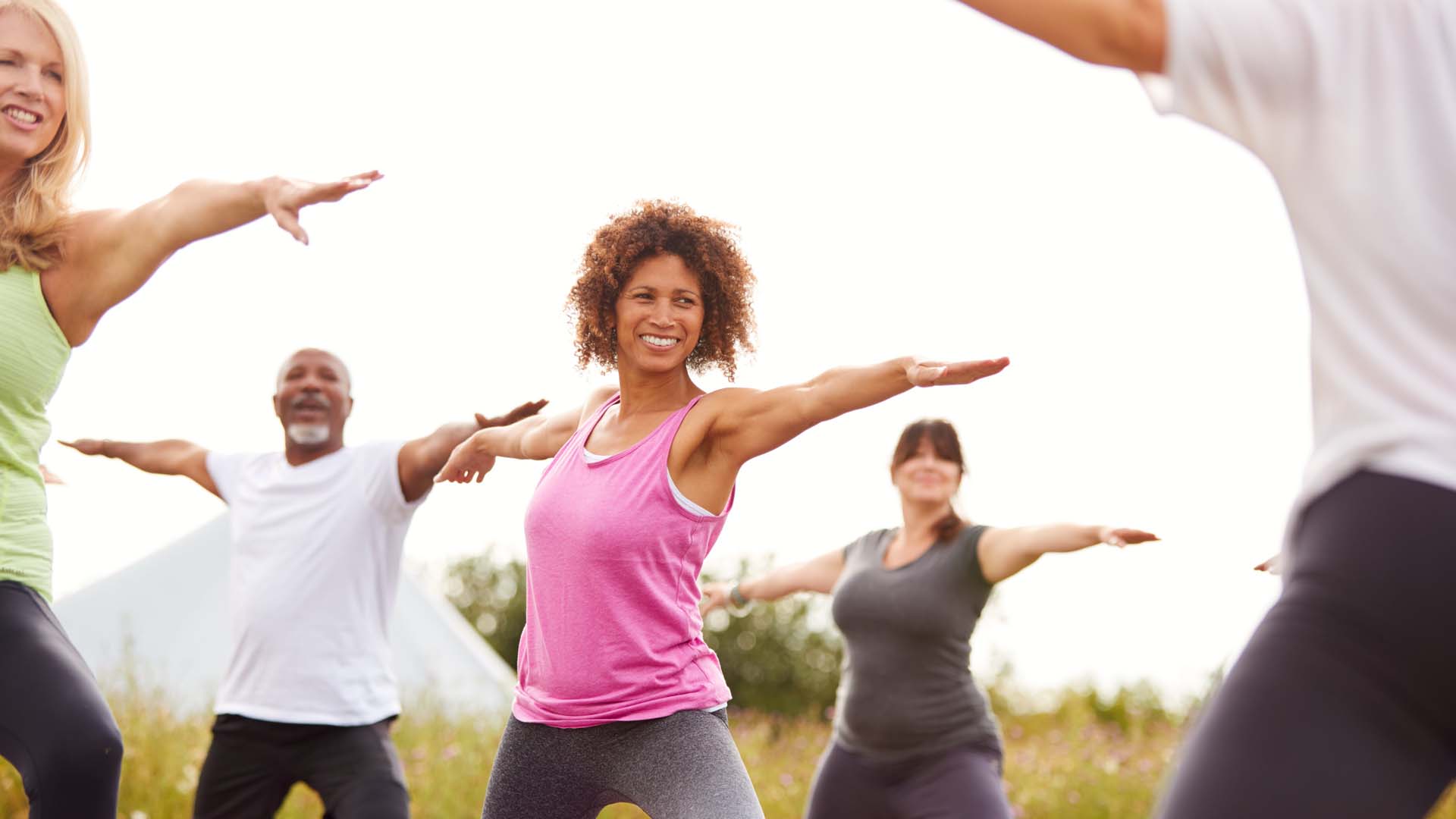
Many of us see forgetfulness as an inevitable part of ageing – but there's strong evidence to suggest our memories actually improve after the menopause.
Around 60 per cent of women suffer a temporary decline in memory during the menopause, according to a study from the University of California. But note the word 'temporary'. Researchers found that learning capacity had returned to pre-menopausal levels after the menopause.
If night sweats have been wreaking havoc with your sleep patterns, you'll already be looking forward to a good night's slumber when they finally subside.
In fact, aside from a brief blip in middle-age, our all-round sleep quality actually appears to improve as we grow older. A University of Pennsylvania study of 150,000 US adults found the fewest sleep complaints among the over-70s.
Feeling down and disheartened during the menopause? Don't worry: you're set to cheer up very soon.
Our satisfaction levels reach their lowest point during our mid-50s, but start to rise again soon after – peaking at the age of 69, according to a study at the London School of Economics.
Here's another cheering statistic from that London School of Economics study: at 68, people underestimate their future happiness by 4.5 per cent.
Or to put it another way: we think our future is going to be slightly worse than it actually turns out to be.
That may not sound hugely positive – but compare this to the great expectations you had in your 20s, and the disappointment you felt when all your dreams didn't come true after all. Age teaches you acceptance and appreciation, and to be satisfied with your lot.
An end to the menopause means an end to the often debilitating mood swings that are triggered by hormonal changes. And if you'd spent the previous 40 years suffering from PMS every month, you'll be even more relieved to finally see the back of your periods.
Headaches – and migraines in particular – can often be triggered by hormone fluctuations and stress, both of which are prevalent throughout the menopause.
The good news? Around 67 per cent of women find their migraines go away entirely or improve significantly after the menopause, according to another study.
Think your most satisfying times between the sheets are over? Not necessarily so! More than 60 per cent of over-65s enjoy a fulfilling sex life, according to an Age UK survey. And a study at the University of San Diego found that 67% of sexually active older women achieve an orgasm 'most of the time' or 'always'.
Co-author Dr Susan Trompeter commented: 'Not only were the oldest women in this study the most satisfied overall, those who were recently sexually active experienced orgasm satisfcation rates similar to the youngest participants.'
Coping with menopausal symptoms such as hot flushes, mood swings and disturbed sleep, can knock your body confidence for six. But once things settle down again, there's a good chance you'll feel a lot better about your appearance. After all, experience has told you how to look your best.
In fact, women feel most confident in their beachwear after the age of 55, according to a survey of 2,000 people for TK Maxx.
As we age, we spend less time fighting off the sniffles – simply because our immune systems learn to deal with familiar viruses. The average 50-something catches half the amount of colds as a teenager, for example.
And while we're on the topic of sniffles, you may be pleased to hear you're less likely to suffer hay fever as you grow older, too.
Reaching retirement age means you could have more time to do the things you enjoy doing – unencumbered by menopause symptoms, of course.
So if you have got some extra free time then make the most of it, see more of your friends, travel, take up new hobbies and try to make the most of it.

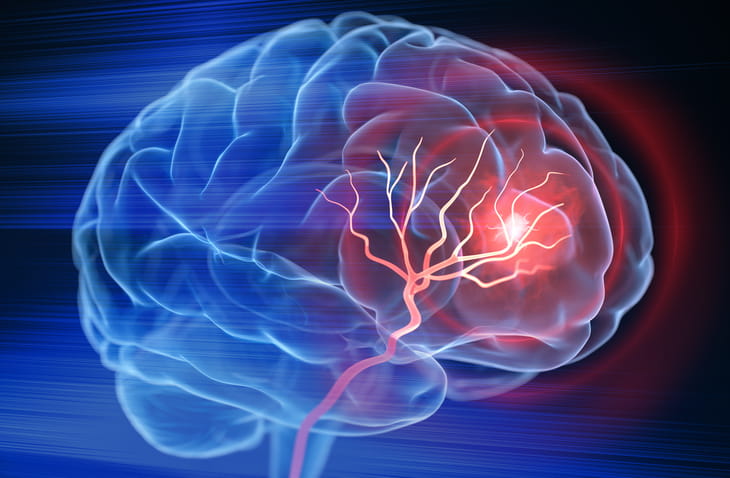
Facial weakness, a sudden headache and dizziness can all be signs of a stroke, we've got the facts from an expert.
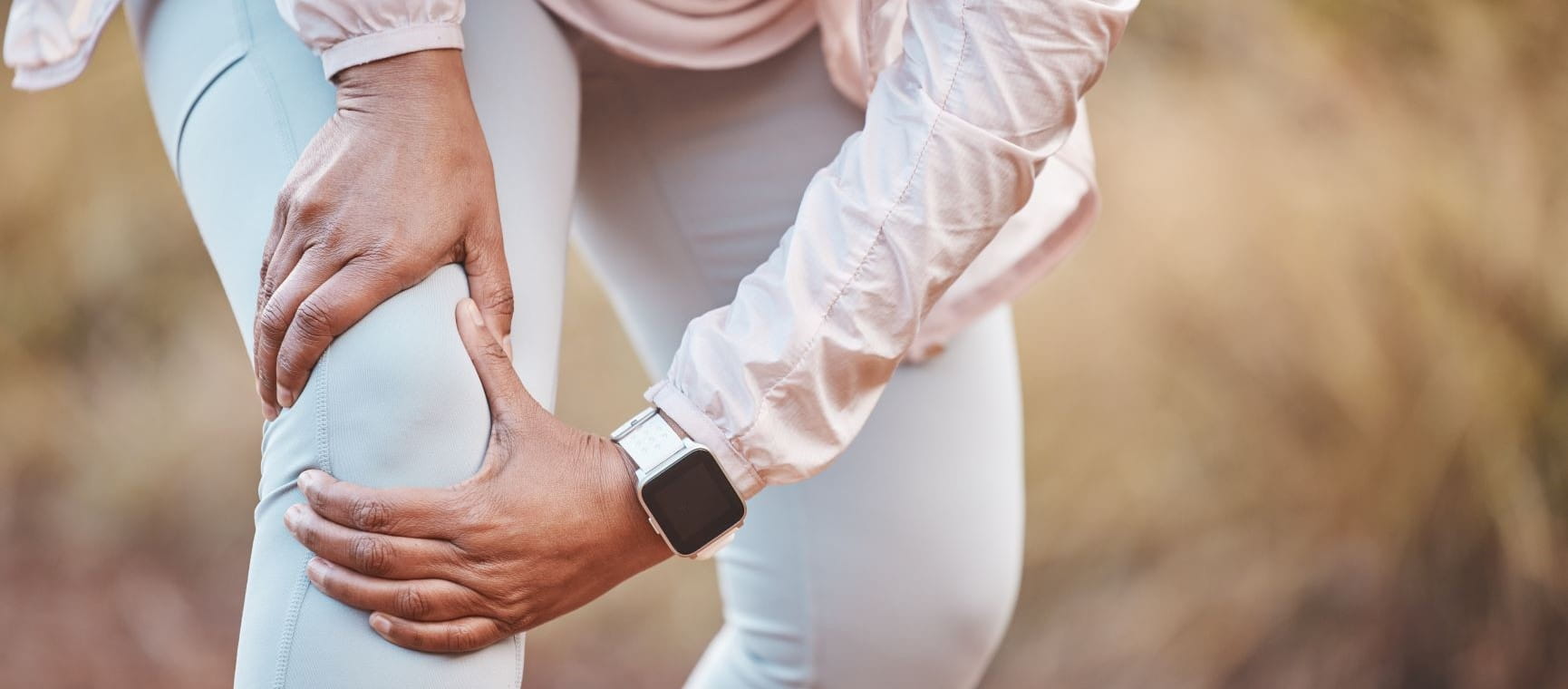
Knee pain is more common as we age: to help we've got the best advice from 3 leading experts with easy ways to make a difference.
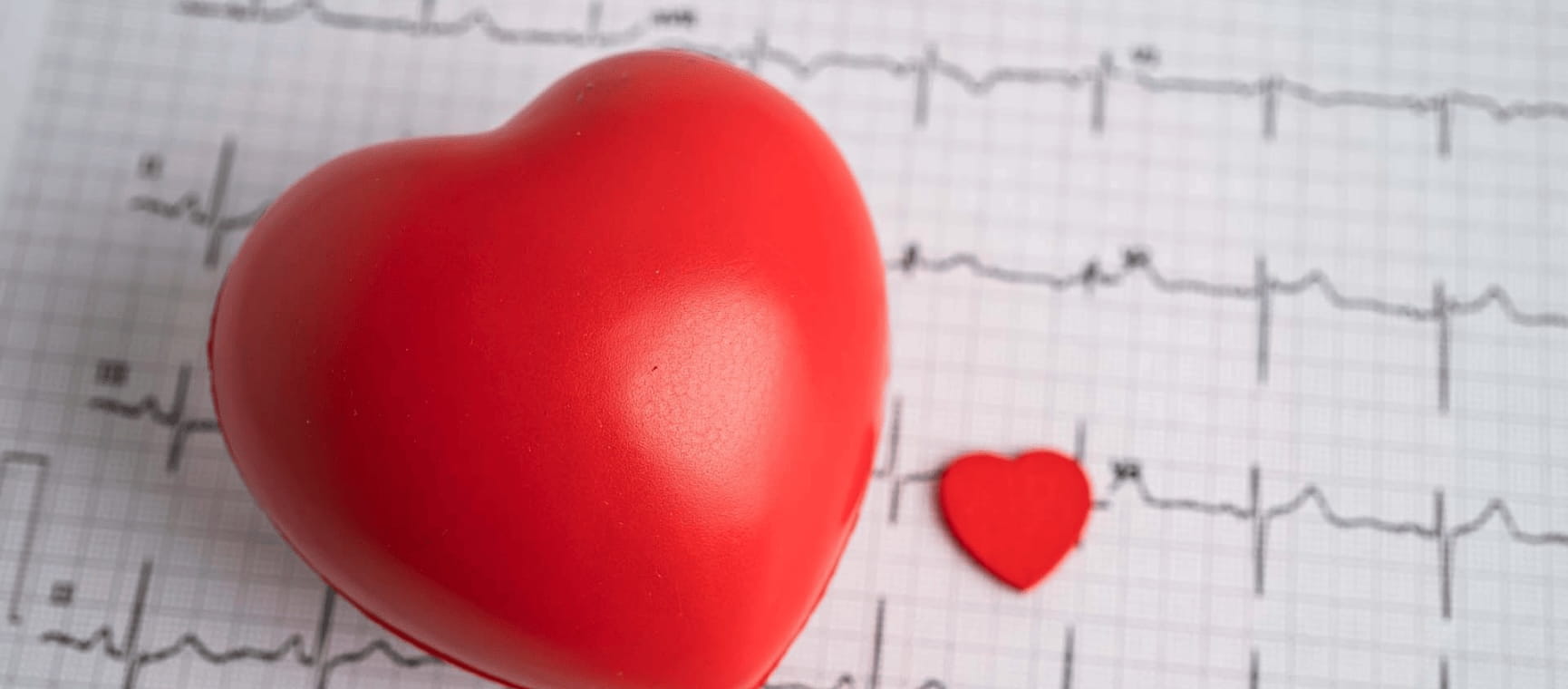
Do you know the symptoms of a heart attack? Here’s what to look out for, and how to prevent one.
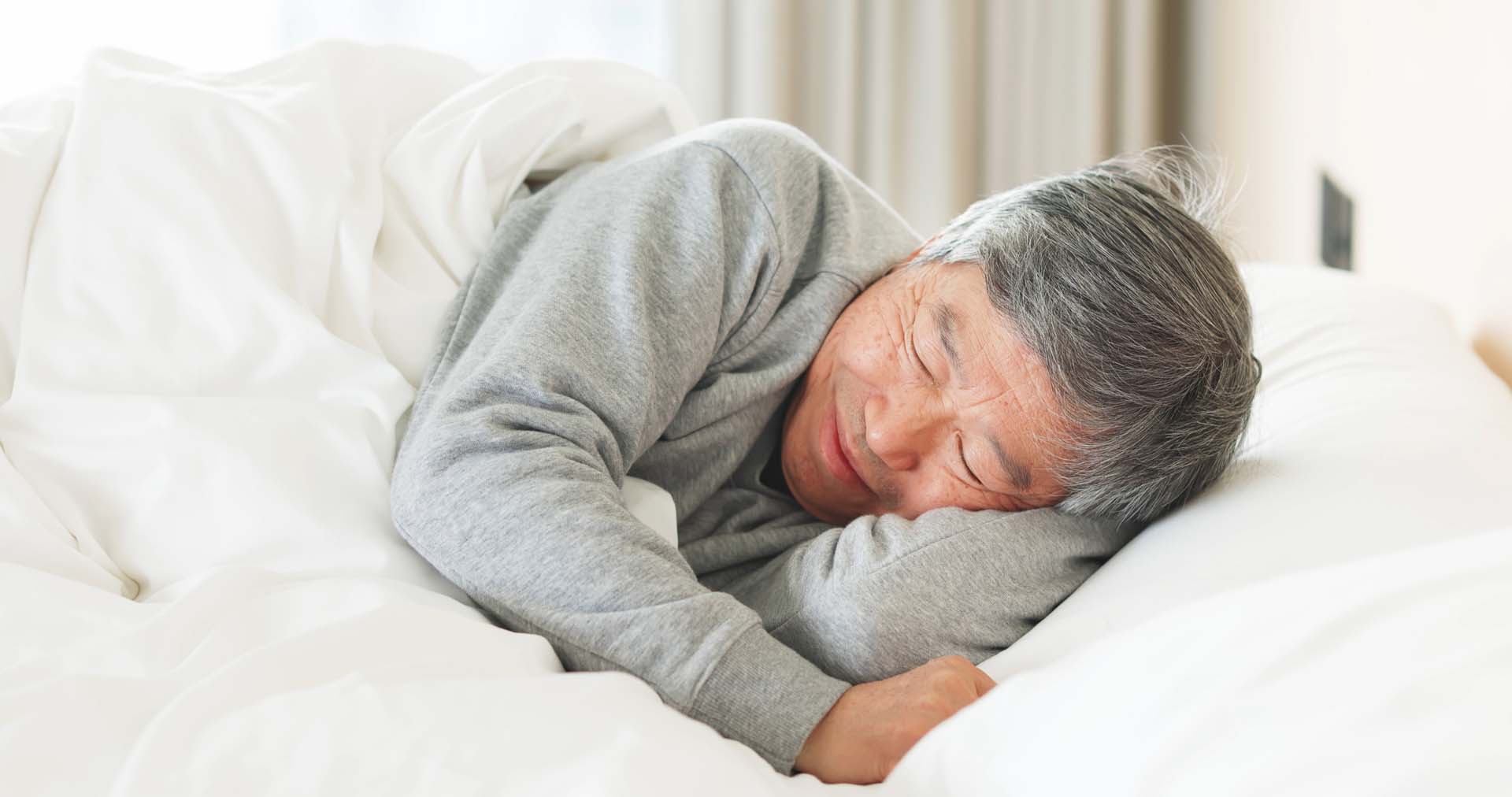
Front, back or side? Which sleeping position is best for you as you get older, and which ones you should avoid
